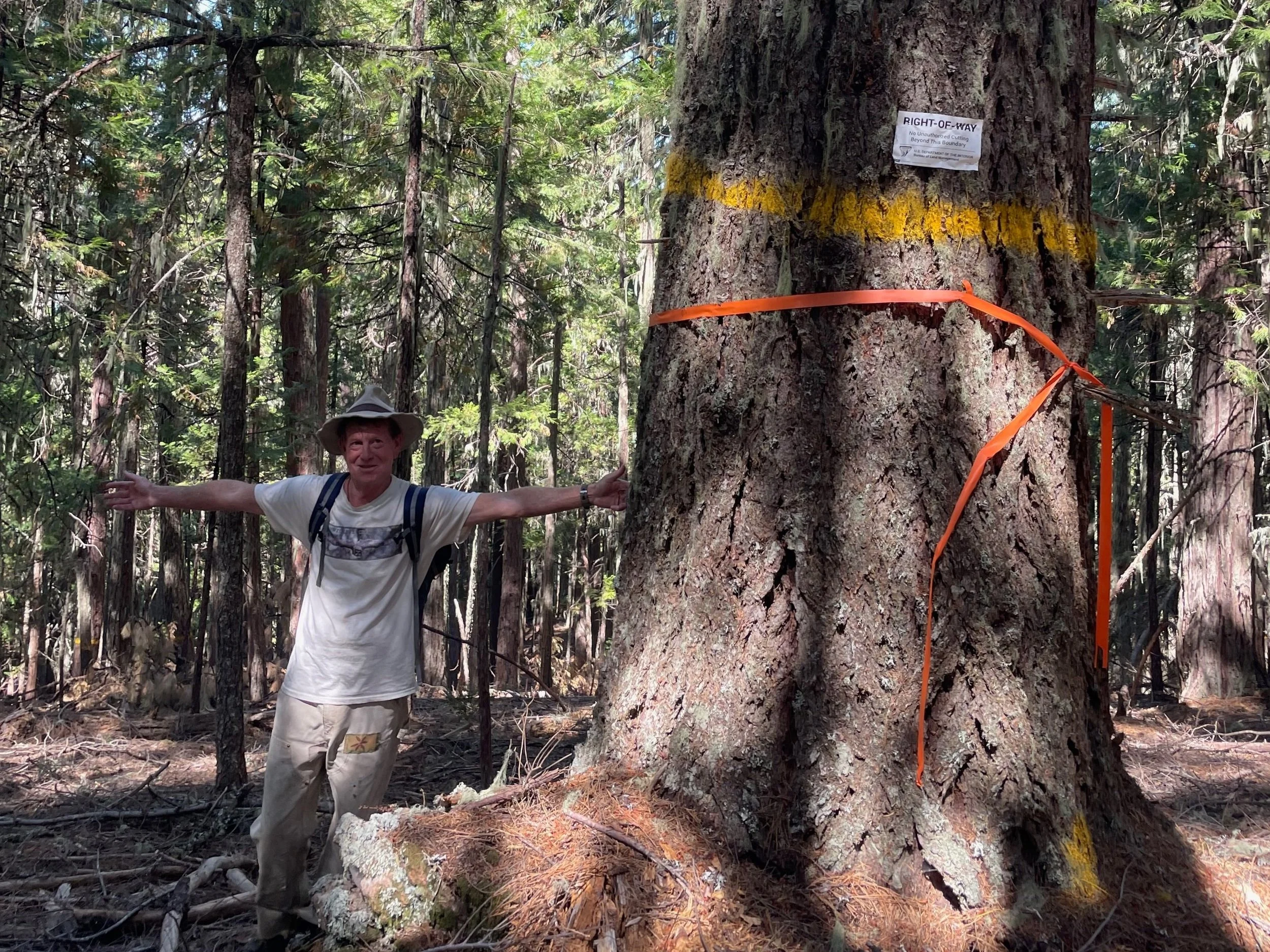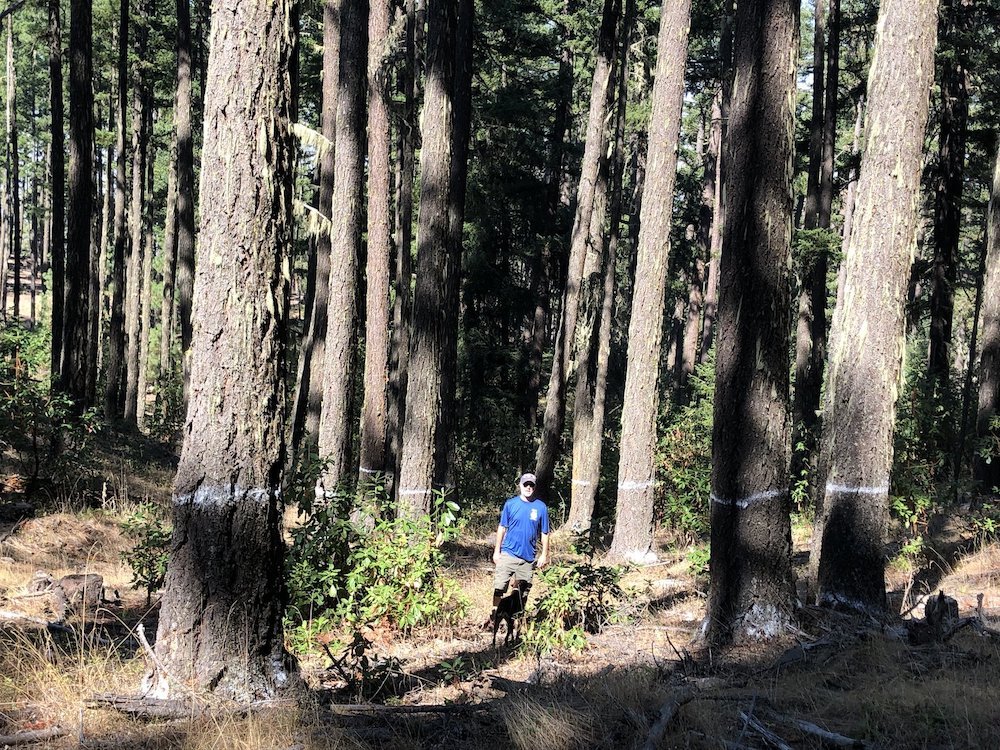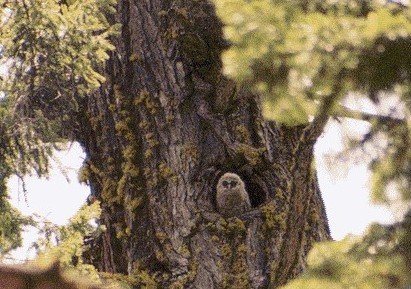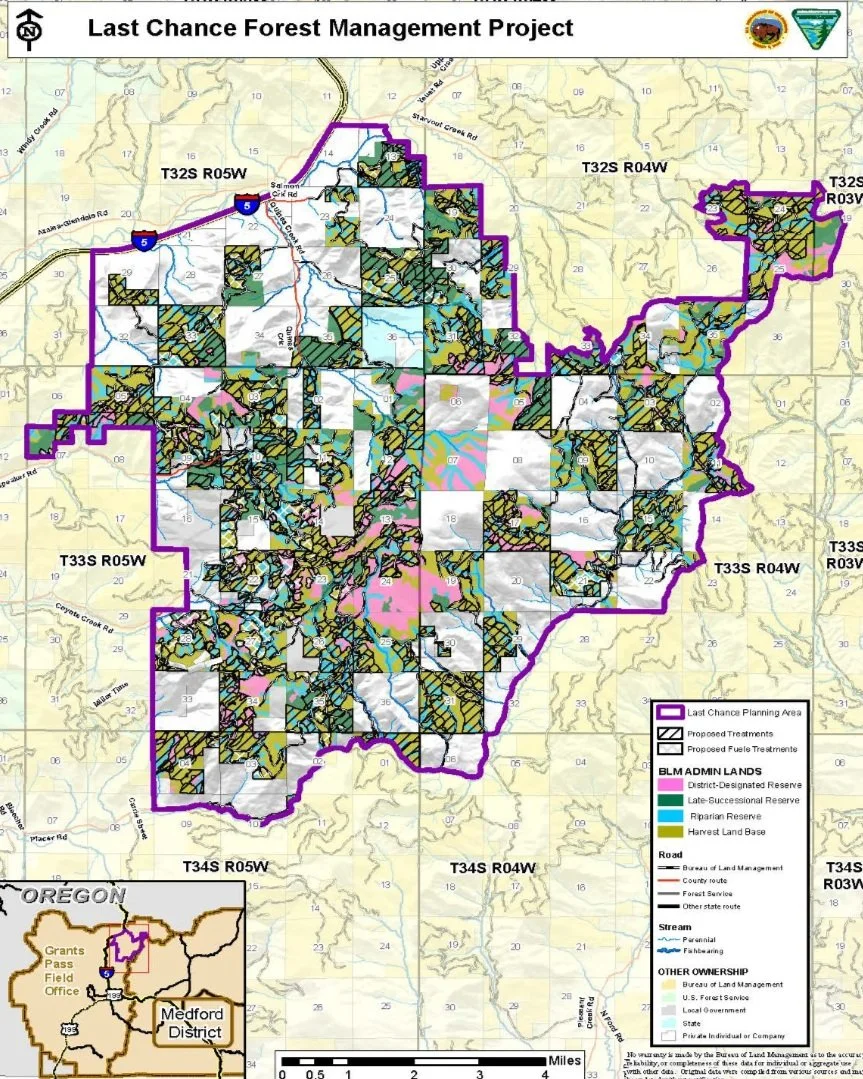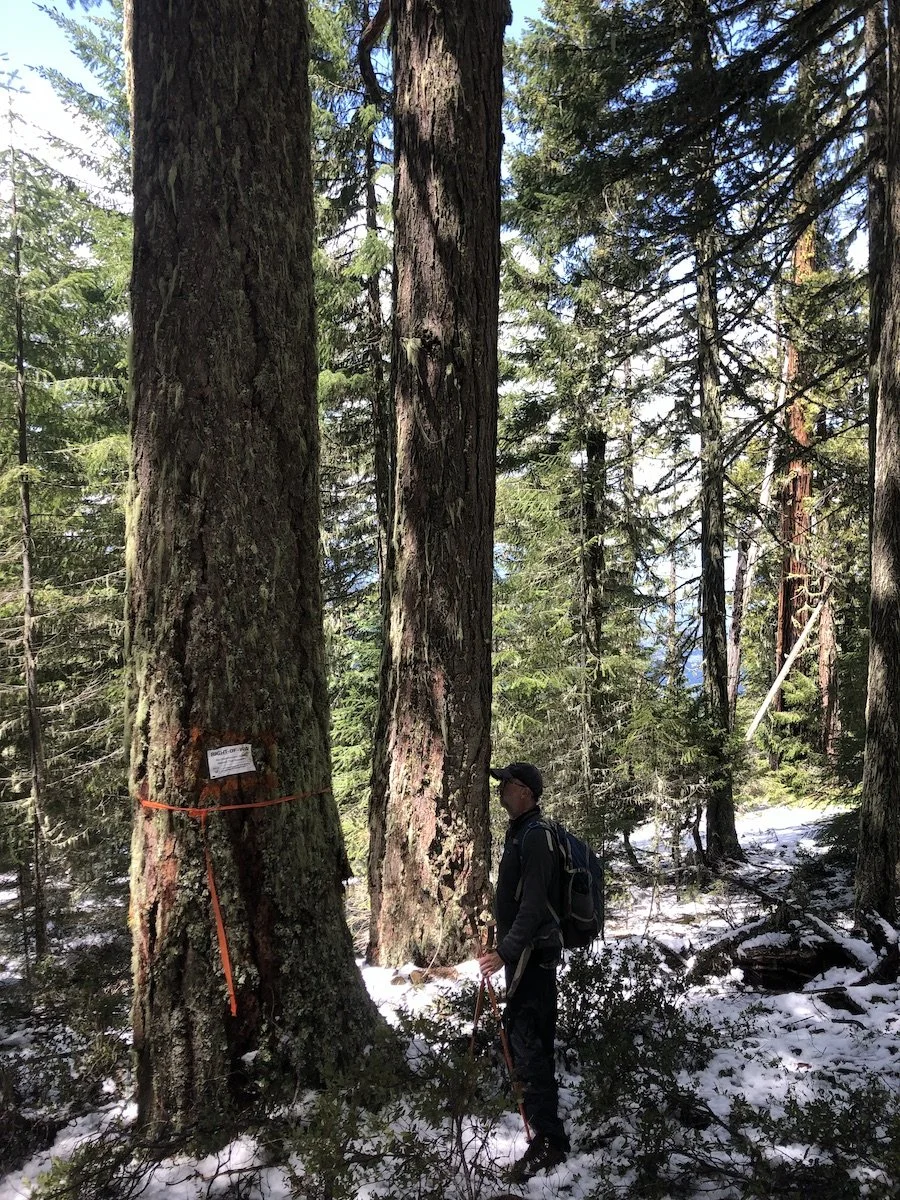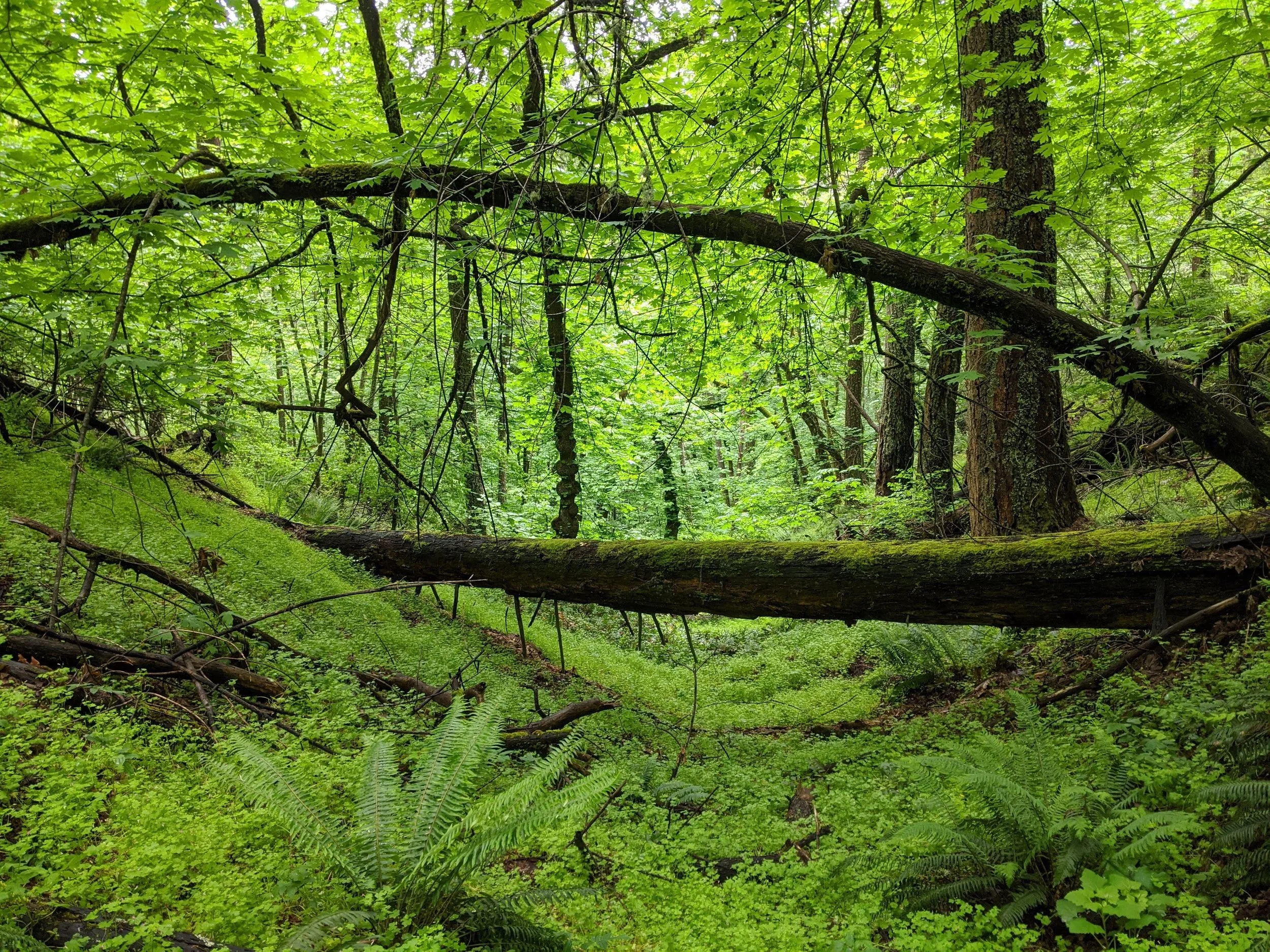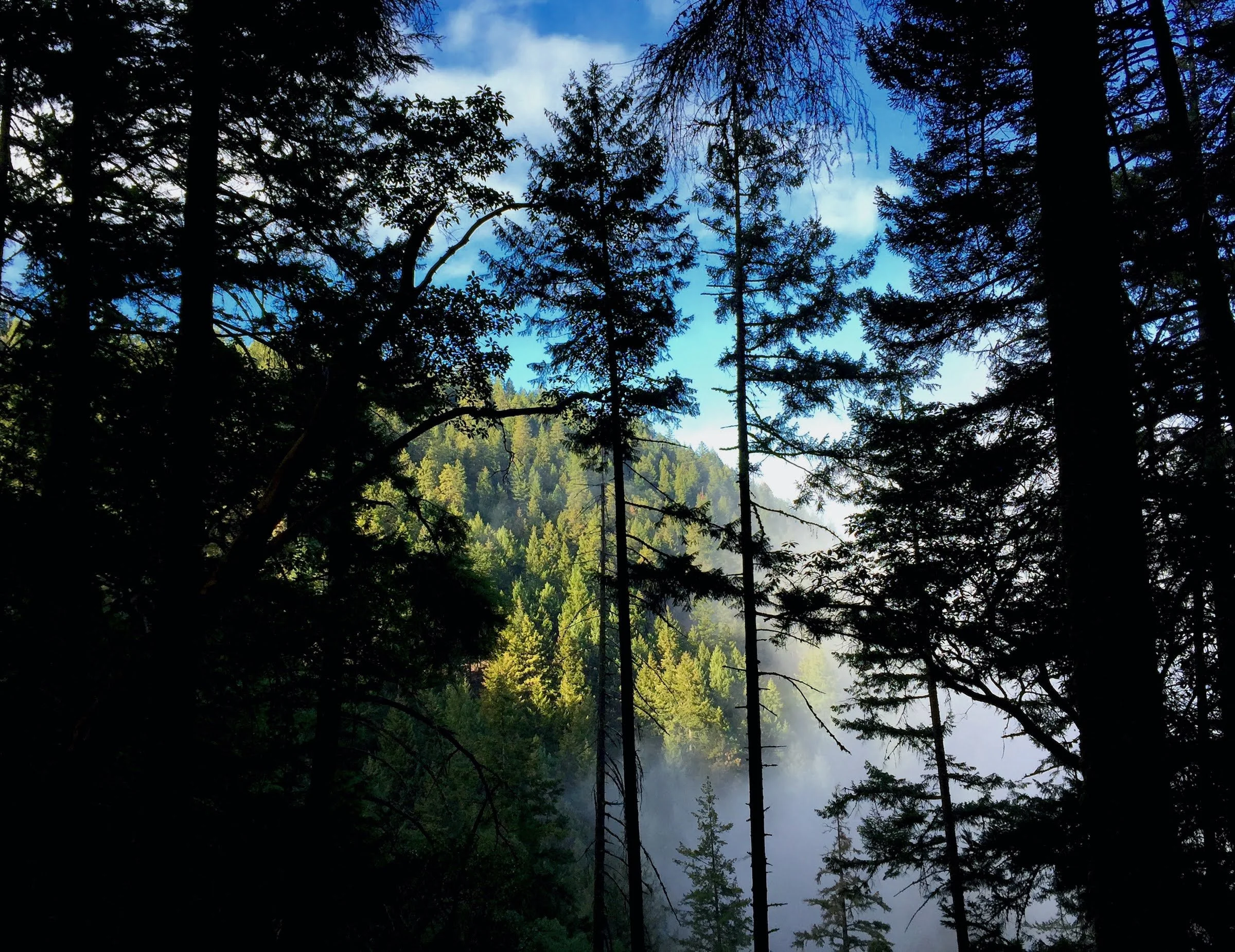KS Wild is known for holding federal land managers accountable and challenging timber sales that threaten harm to wildlife and watersheds, so it's a big deal when we give the BLM their flowers for doing the right thing…
Read MoreDo you remember the BLM's Integrated Vegetation Management plan to log old-growth Late Successional Reserves like those located in the Late Mungers timber sale near Williams? After commenting, public meetings, field checking, and trying everything we could think of to get BLM to retain these old-growth forests, we finally will have our day in court, and you are invited to join us.
Read MoreThe Medford District of the Bureau of Land Management (BLM) continues to propose timber sales and contend they are retaining (rather than logging) old-growth, and conservation organizations and the BLM’s neighbors will argue that the BLM is in fact logging old-growth. So, who is right and what’s behind the conflicting claims?
Read MoreDo you remember the BLM's Integrated Vegetation Management plan to log old-growth Late Successional Reserves like those located in the Late Mungers timber sale near Williams? After commenting, public meetings, field checking, and trying everything we could think of to get BLM to retain these old-growth forests, we finally will have our day in court, and you are invited to join us.
Read MoreThe Northwest Forest Plan is the largest, truly science-based forest and ecosystem management plan in the country, affecting 19 million acres of public lands across western Washington, Oregon, and northern California, and it’s getting an update. Learn more here.
Read MoreThe US Forest Service and Bureau of Land Management (BLM) released the first ever national inventory of mature and old-growth forests. Want to know what this all means for the protection of forests in the Pacific Northwest?
Read MoreCheck out the Medford BLM's latest old-growth timber sale called "Last Chance" and read KS Wild's "scoping" comments in this blog.
Read MoreWe need to protect Oregon lands from climate extremes and harness their potential as a climate solution. The Senate Committee on Natural Resources has scheduled a hearing on SB 530, common-sense legislation that will help increase carbon sequestration on our forests, agricultural lands, and wetlands and improve the resilience of our water, wildlife, and communities. Learn more about SB 530 and action you can take for natural climate solutions in this blog.
Read MoreThe Forest Service is currently in the beginning phases of updating the Northwest Forest Plan, the first large-scale, bioregional forest plan incorporating conservation biology. We will be working with partners to ensure an updated plan reflects the current issues our forests face in the era of climate change. Read our Climate Program’s latest blog post about these critically important NFP updates.
Read MoreWhat is groundtruthing? How does it make a difference in the federal agencies’ logging plans? How can you get involved to ensure proper land management of your public lands? Read on to find out!
Read MoreThis October, KS Wild hosted our first ever Forest Defender Training Series to help community members learn how to advocate for our forests and take action to protect them through writing letters, LTEs, taking action on social media, and more.
Read MoreOld-growth forests are dominated by ancient trees and have been shaped by natural processes over the course of hundreds of years. There are several types of old-growth forests throughout the Pacific Northwest marked by dynamic ecosystems supporting biodiversity that relies on the unique environment created only in these ancient forests. Learn more about what features make an old-growth forest.
Read More"Integrated Vegetation Management for Resilient Lands" (IVM) sure sounds great doesn't it? Unfortunately, those flowery words are agency-speak for logging old-growth forest reserves down to 30% canopy cover and creating four-acre mini-clearcuts across the landscape in southwestern Oregon.
Read MoreAfter nearly a year of negotiations, an agreement over new rules for the Oregon Forest Practices Act has been reached between timber and environmental groups to overhaul management of 10 million acres of private forestlands in Oregon. These changes will update Oregon's forest practice laws and provide significant new protections for our imperiled salmon, recreational and commercial fisheries, and for the communities that rely on these resources.
Read MoreTo be the eyes and ears of public lands defense requires KS Wild’s ForestWatch staff to be diligent in how we approach the scope of our work. Read about our plans for 2020, which defending public lands in a number of vital ways.
Read MoreFor the second talk in KS Wild’s Summer Speaker Series on Fire Management, Dr. Christopher J. Dunn focused on five key things we need to remember in our fire-prone landscape, and a new method derived from his research that may alter how we fight fires in the future.
Read MoreThe Klamath National Forest intends to remove 200-400 year-old trees and snags from the landscape to make room for dense timber plantations that offer sparse value to the forest ecology.
Read MoreFollowing decades of fire suppression and logging that created dense young forests, a return to ecosystem resiliency requires thinning second-growth plantations, retaining large trees and forest canopy, and returning the role of fire to these fire-dependent forests.
Read MoreIncreasingly timber interests, conservationists including KS Wild, scientists and federal land management agencies are coming together to focus logging activities on thinning previously logged plantations and in fire-evolved forest stands in which fire suppression has resulted in encroachment by less resilient off-site conifers.
Read MoreUnlike most of North America, we are extremely fortunate to live in a region in which five major wildland complexes have thusfar survived the pressures from logging, mining and road construction. It is our job and responsibility to protect these special places for the those who come after us and for their intrinsic value.
Read More
